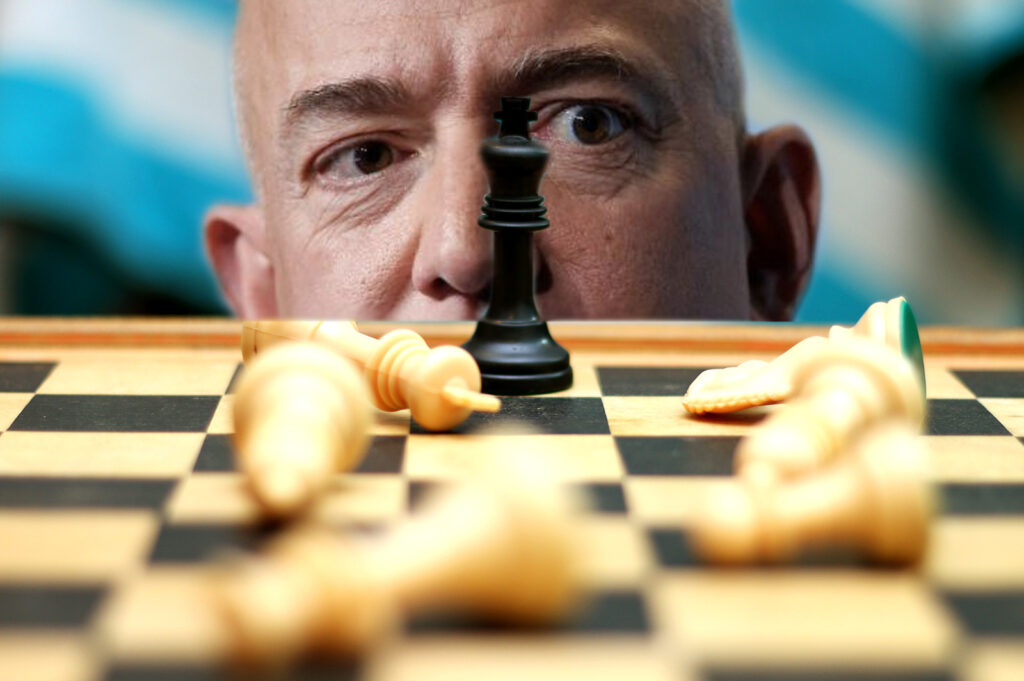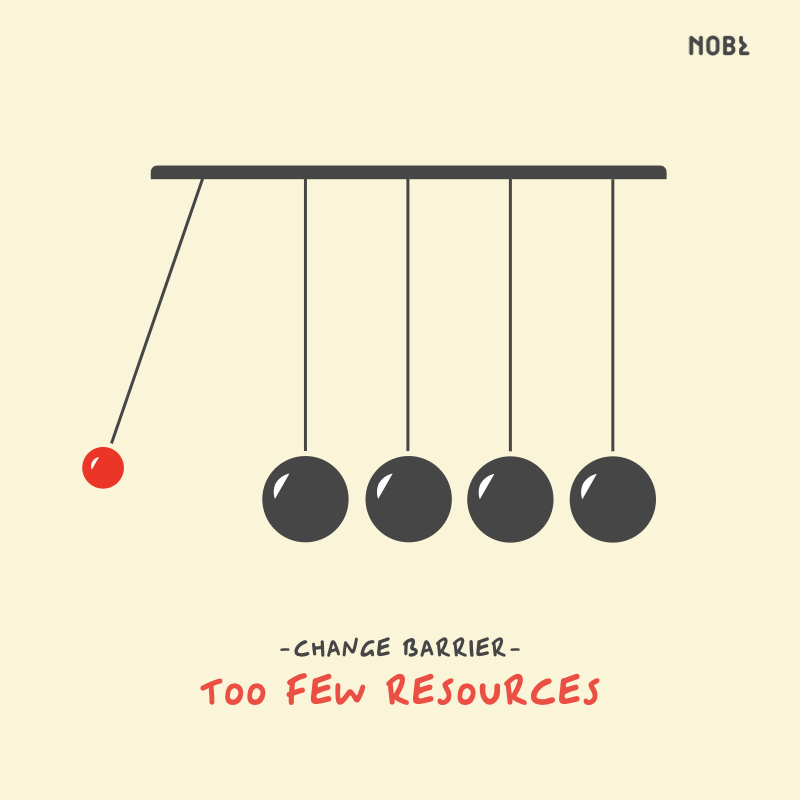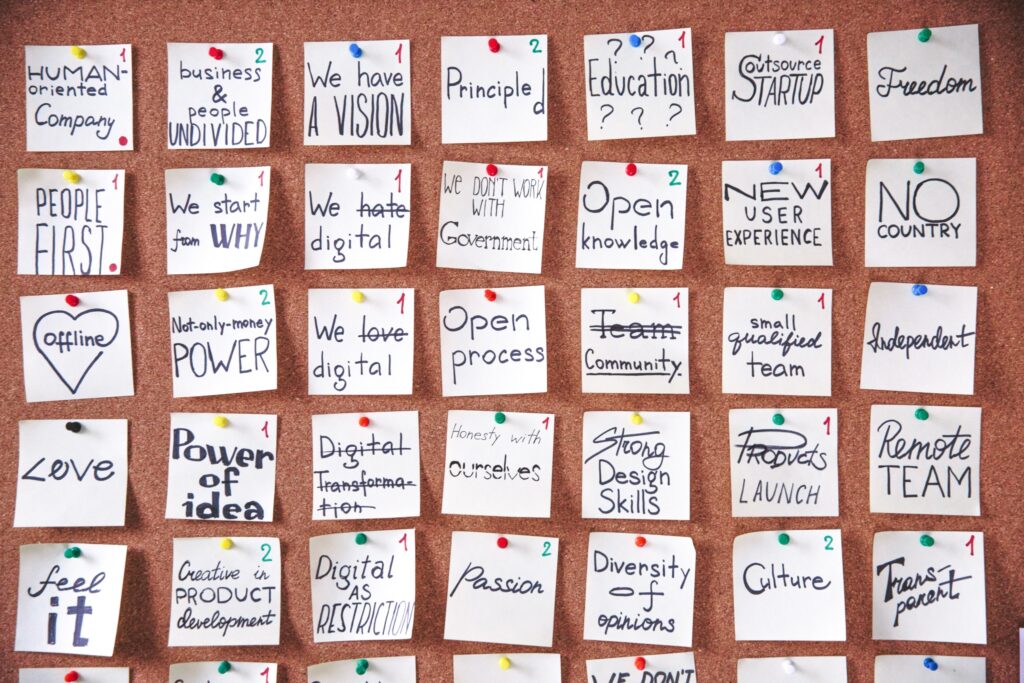Strategic planning
Change your organization's approach to strategic planning by learning from Amazon
Organizations need a modern approach to long-term strategic planning: one that increases agility and endurance for ongoing change
What's the role of planning in an era of unrelenting change?
A “good culture” isn't good enough. Organizations must align their strategy and their culture to retain their competitive advantage
Amazon's unique annual planning process incentivizes leaders and teams to think big while supporting cross-divisional goals
Why up to 75% of organizations fail to implement their strategic plans—and what you must change to help yours succeed
Organizations need a beckoning frontier, not just to discover new business models and revenue streams, but to renew the human spirit and fend off the crush of uncertainty.
Classifying your environment can help decide how your organization should respond—but watch out for these biases
Product/market fit was a term coined by Marc Andreesen and defined as, “being in a good market with a product that can satisfy that market.” Culture/market fit is similar, yet even more foundational. Find yourself a healthy market, yes. Then develop a culture that can deliver product/market fit.
It’s 4:30pm on a Friday and your team has to make a critical decision by the close of business but you’re on an overseas flight, unreachable and unable to help. The team has two options on the table and both seem equally compelling although each have long-term consequences if they get it wrong. How will the team know, without being able to check in with you, which call is the right call to make?
An in-depth look at what prevents change within organizations and why it's time for a new approach
In times of uncertainty, leaders must hone organizations' capacity for making change
Insufficient people, budget, or time can derail a critical transformation just when it's needed most
Don't assume "wartime leadership" is automatically required—reflect on what your organization needs, and how you're showing up
Uncertainty and continuous change mean a new approach to business transformation is required for organizations to survive in the 21st century
Some of the most important lessons we’ve learned partnering with world-renowned companies going through organizational culture change
Five core elements will determine how your team is structured and how they approach the work.
Involve stakeholders in conversations about the future of the organization to develop meaningful purpose, vision, and mission statements
Saying "no" to incoming projects and colleagues' requests can be difficult in the workplace, but these habits can help you prioritize
Teams need forums to spread new ideas and ways of working
As you weigh the urgent and the important in order to prioritize your week or your team's backlog, you may need new methods to force decision-making and focus
It's the next frontier of design thinking—and it can completely change how your organization operates





















